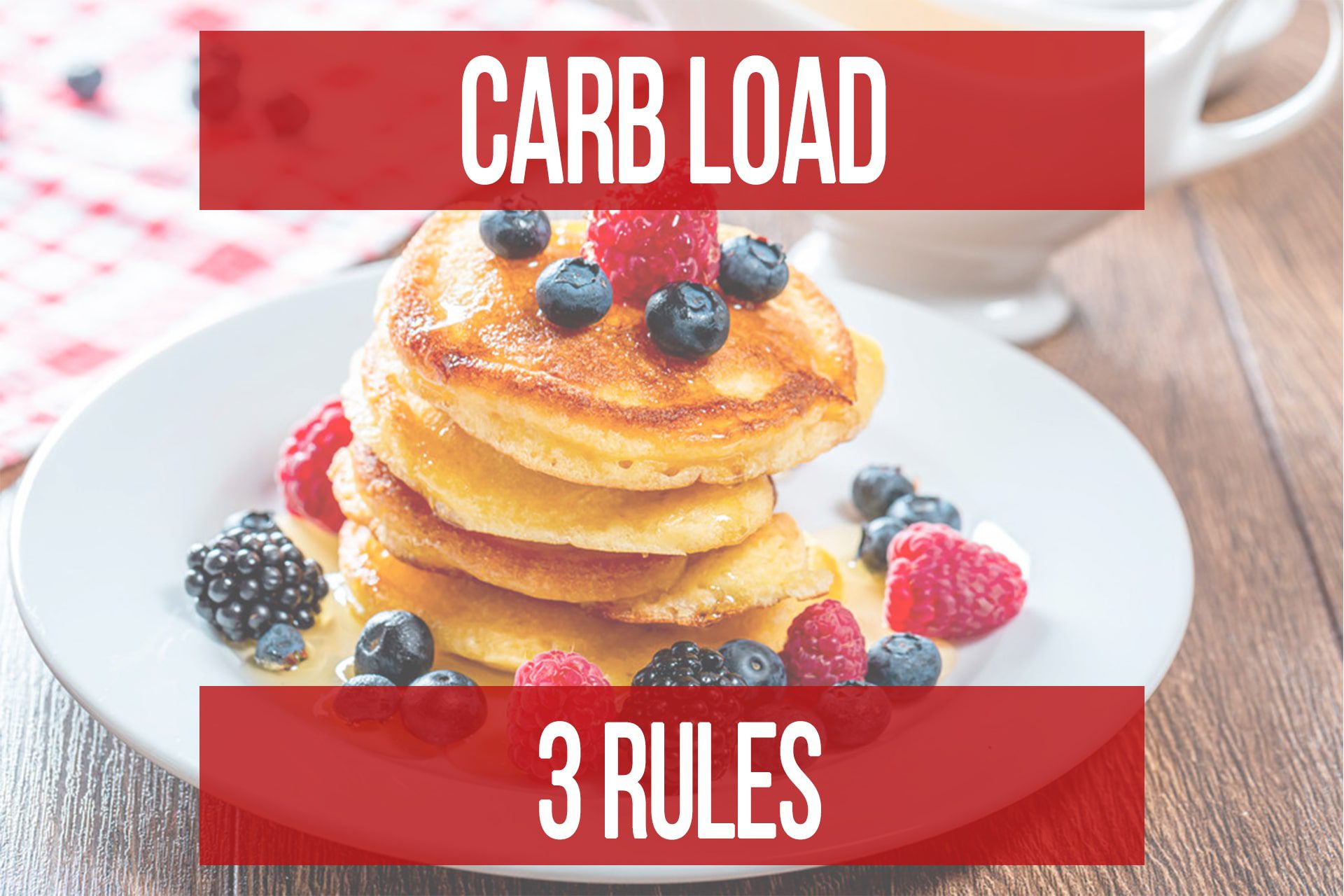how to carb load before competition Pin on marathon diet
As an endurance athlete, properly fueling your body can make or break your performance. One popular strategy for fueling up before a race is carb loading. But does it really make a difference? Let’s take a closer look at the science behind carb loading and a real-life case study. Carb loading is the practice of increasing your intake of carbohydrates in the days leading up to a race. The theory is that by loading up on carbs, your body will be able to store more glycogen (the stored form of glucose) in your muscles. This extra glycogen can then be used as fuel during the race, potentially improving your endurance and delaying fatigue. But does carb loading actually work? A recent case study published in the Journal of the International Society of Sports Nutrition aimed to find out. The study followed a group of 9 well-trained triathletes as they prepared for a half-Ironman distance race. 5 of the participants followed a traditional carb-loading protocol, while the other 4 followed a lower-carbohydrate diet. So what were the results? Surprisingly, there was no significant difference in performance between the two groups. Both groups had similar finishing times and reported similar levels of fatigue during the race. The study authors suggest that this could be because well-trained athletes already have high levels of glycogen storage in their muscles, so additional carb loading may not provide any noticeable benefit. Of course, it’s worth noting that this was just one case study, and individual results may vary. Additionally, there are some potential downsides to carb loading. Increasing your carbohydrate intake can lead to bloating and digestive discomfort, and some people may struggle to maintain a healthy balance of nutrient intake and portion control. So what’s the takeaway? If you’re an endurance athlete considering carb loading, it may be worth experimenting with to see what works best for your body. However, it’s also important to remember that there are other factors that can impact your performance, such as hydration, rest, and training. Regardless of whether or not you choose to carb load, it’s always important to prioritize a healthy, balanced diet. This means focusing on nutrient-dense whole foods like fruits, vegetables, lean proteins, and whole grains, rather than relying on processed or refined carbohydrates. By taking care of your body with nutritious fuel, you’ll be setting yourself up for success on race day. And if you do choose to carb load, make sure to do it correctly! Aim to increase your carbohydrate intake gradually over several days, and consider working with a registered dietitian who can help you plan the right approach for your body and goals. With that in mind, let’s take a moment to appreciate the science behind carb loading and its potential impact on race performance. Whether you choose to carb load or not, it’s worth experimenting with different fueling strategies and finding what works best for you and your goals. So get out there, fuel up, and let’s crush those races!
If you are searching about Pin on Marathon Diet you’ve came to the right page. We have 5 Pictures about Pin on Marathon Diet like Race Preparation, Carb Load Case Study || Does Carbing Up Really Make A Difference for and also Effects of 600g Carb Load (1 Day Out) - YouTube. Here you go:
Pin On Marathon Diet
 www.pinterest.comCarb Load Case Study || Does Carbing Up Really Make A Difference For
www.pinterest.comCarb Load Case Study || Does Carbing Up Really Make A Difference For
 www.youtube.comcarb load
www.youtube.comcarb load
Carb Load: 3 Rules To Do It Properly - N1 Training
 n1.trainingn1
n1.trainingn1
Race Preparation
 www.xcracer.comcarb loading race preparation load marathon fuelling nutrition tsa grief better way xcracer
www.xcracer.comcarb loading race preparation load marathon fuelling nutrition tsa grief better way xcracer
Effects Of 600g Carb Load (1 Day Out) - YouTube
 www.youtube.comcarb load
www.youtube.comcarb load
Carb load: 3 rules to do it properly. Race preparation. Effects of 600g carb load (1 day out)